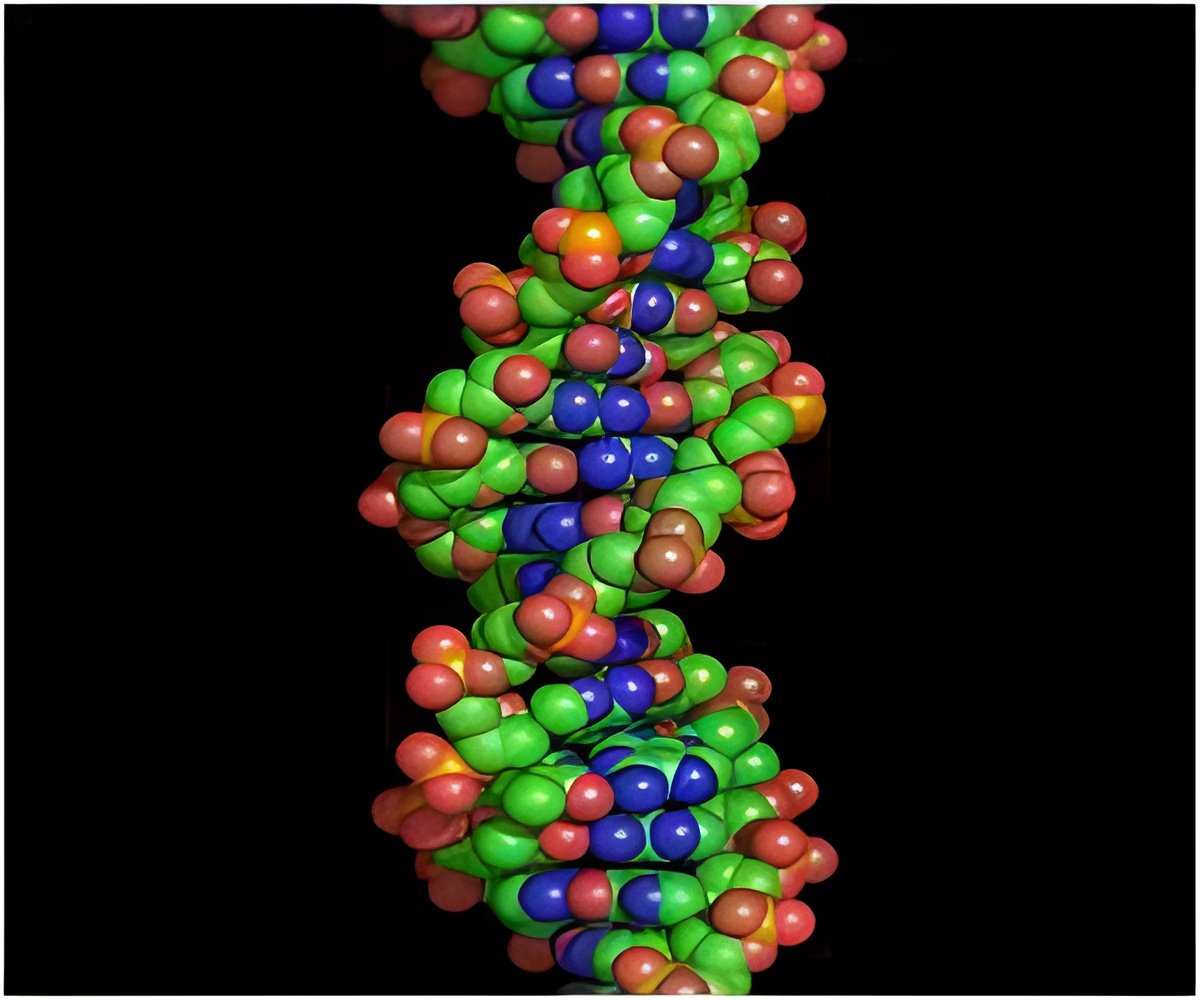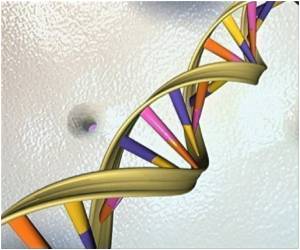Researchers at the National Institute of Environmental Health Sciences have offered the first evidence that DNA damage can lead to the regulation of inflammatory responses, the body's

The research suggested that an injury to chromosomes can alter the expression of a family of genes known as Toll-like receptors (TLRs).
TLRs are proteins that play a role in the immune system by defending the body from infection.
Following damage, the TLRs interact with the tumour suppressor gene p53 to regulate the amount of inflammation.
The NIEHS investigators also established that the integration of p53 and inflammation only occurs in primates.
The scientists separated white blood cells from blood samples and exposed these cells to anti-cancer agents to activate p53.
They also found that TLR activation could be prevented by adding the p53 inhibitor pifithrin.
Stavros Garantziotis, a principal investigator in the Laboratory of Respiratory Biology (LRB) and co-author on the article, said that the publication had two main findings - humans evolved an inflammatory response when subjected to DNA damage, and the variation in TLR activity among humans suggests that some people are more prone to inflammation following DNA damage, for example, after receiving cancer therapy.
"Physicians don't have this information now, but understanding who would likely benefit from anti-inflammatory treatment after chemotherapy would greatly increase a doctor's ability to help his or her patient in the future," he added.
The study appears in the March 31 issue of PLoS Genetics.
Source-ANI
 MEDINDIA
MEDINDIA




 Email
Email








